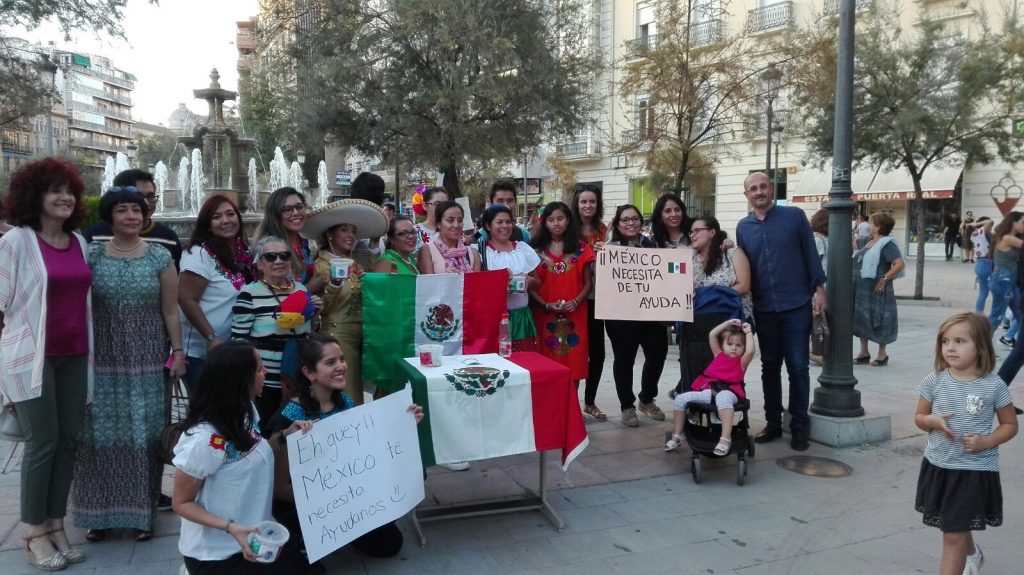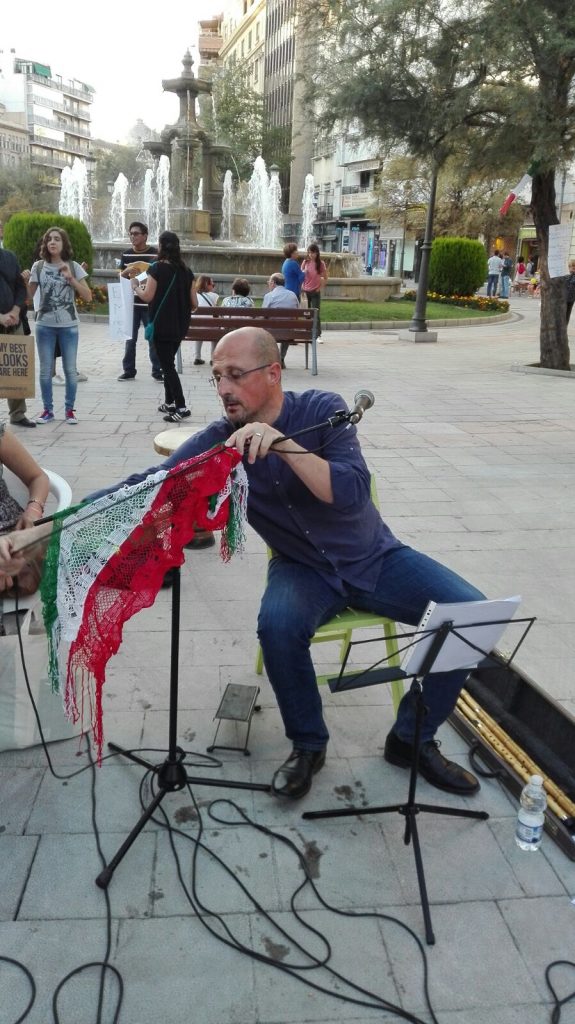On the 18th of May, at 7:00 p.m., at the Silken Al-Andalus Hotel in Seville, the “Rumi House of Spain” officially presents itself at the 3rd INTERNATIONAL SYMPOSIUM OF RELIGIOUS STUDIES and GLOBAL PEACE. “Civilization and Coexistence”.
Its President Hamza Castro, present to all attendees, this wonderful project. At the end of the presentation, Hamza Castro offers a recital of ney, instrument par excellence of Sufi music.

Civilization is a basic form of life that encompasses all the material and spiritual products of a society. Civilization, which includes art, literature, science and technology, and many other layers like knowledge, beliefs, values, thoughts, imagination is the basic formation that reflects the ways of life, beliefs and practices of societies. In other words, civilization, which is the dimension where the accumulations of the societies in all fields are exhibited at the highest level, draws attention as a sophisticated imagination and living status.
Civilization, at the same time, includes basic norms that regulate and determine human relations in a region, city, public space. These norms define how people interact with each other, as well as have a word in coexistence shapes. that provides the minimum conditions of civilization. coexistence that provides the minimum conditions of civilization is occur as a consciousness and attitude of civilization.
One of the fundamental problems of today’s world is a struggle to make the differences live together on the basis of equality and peace. When we consider that almost all of existing states in the world we live in have a heterogeneous structure in terms of ethnic, religious and sectarian, it is understood that this problem has reflections on a universal scale. Especially hot clashes between different cultures which they live together in a communities indicate that this issue will bring much more unusual problems.
Today’s humanity faces the danger of losing coexistence and the potential to bring diversity together which provided by the accumulation of civilization. Almost every day, it seems that societies, social structures, people, lifestyles, cultures are divided, decomposed and dismembered.
The ethnic conflicts, terrorism, wars, inequalities, human rights violations seen in many civilization basin in today’s world are an obstacle to the accumulation of new civilization at the same time threat to the coexistence of differences.
It is clear that such a situation also makes a danger to the future of mankind. All these developments show that our world needs a new imagination of civilization that will guarantee the differences live in peace and tranquility. It has become a need to build up a more inclusive imagination of civilization by evaluating the existing civilization accumulation. The responsibility of the science world and opinion leaders is debate the issue of coexistence and find new solutions by considering the civilization heritage. To ensure that cultural, linguistic, religious etc. diversity live together in peace and tranquility; It is necessary to work to legalize this and ensure to create a sense of unity between these different structures.
From this point, in order to serve the construction of the desired and expected imagination of civilization in the world, Turkey Imam Hatips Foundation will organize the third of the series “International Symposium on Religious Studies and Global Peace ” with the theme of “Civilization and Coexistence Culture” in Spain in May 2017. The symposium will be held in Spain, which has great importance because it is the center of Andalusian historical experience.
SYMPOSIUM PROGRAM
©casarumi.org 2017








